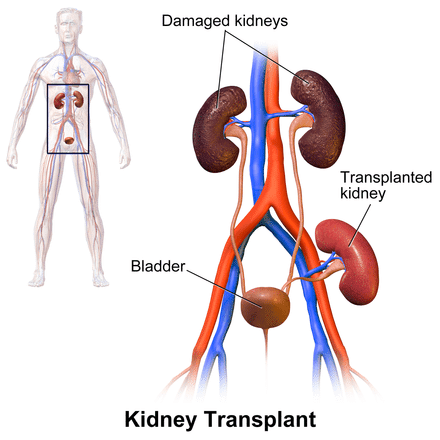Author Interviews, Health Care Systems, Kidney Disease, NEJM, NIH, UT Southwestern / 04.04.2024
NEJM: UTSW Study Evaluates Whether Practice Facilitators Reduce Hospitalizations in CKD Patients
MedicalResearch.com Interview with:
Miguel A. Vazquez, MD
Professor of Internal Medicine
University of Texas Southwestern Medical Center
MedicalResearch.com: What is the background for this study?
Response: The main reason to conduct our trial was to improve the care of patients with coexistent chronic kidney disease CKD), type 2 diabetes and hypertension. Patients with this triad are at high risk for multiple complications, end stage kidney disease and premature death. There are effective interventions for these conditions. Unfortunately, detection and awareness of CKD is low and many patients do not receive interventions that could be beneficial
In our study in patients with the coexistent triad of chronic kidney disease, type 2 diabetes, and hypertension the use of an electronic algorithm to identify patients from the electronic health record and practice facilitators embedded in four large health systems to assist primary practitioners deliver evidence-based care did not lower hospitalizations when compared to usual care.
(more…)






























